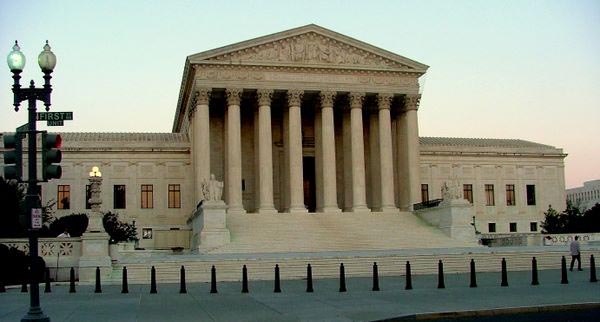Please click on the questions below to view the detailed answers.
What is forensic psychiatry, and what is a forensic psychiatrist?
What training does a forensic psychiatrist have?
How is forensic psychiatry different from forensic psychology?
In what ways are forensic psychiatrists helpful in administrative law cases?
In what ways are forensic psychiatrists helpful in civil law cases?
In what ways are forensic psychiatrists helpful in criminal law cases?
Why do forensic psychiatrists’ opinions occasionally disagree?
How do forensic psychiatrists guard against bias?
Are forensic psychiatrists paid a contingency fee?
What is the American Academy of Psychiatry and the Law (AAPL)?
Are there ethical guidelines for forensic psychiatrists?
Have major factors have shaped forensic psychiatry?
What does the word forensic mean?

